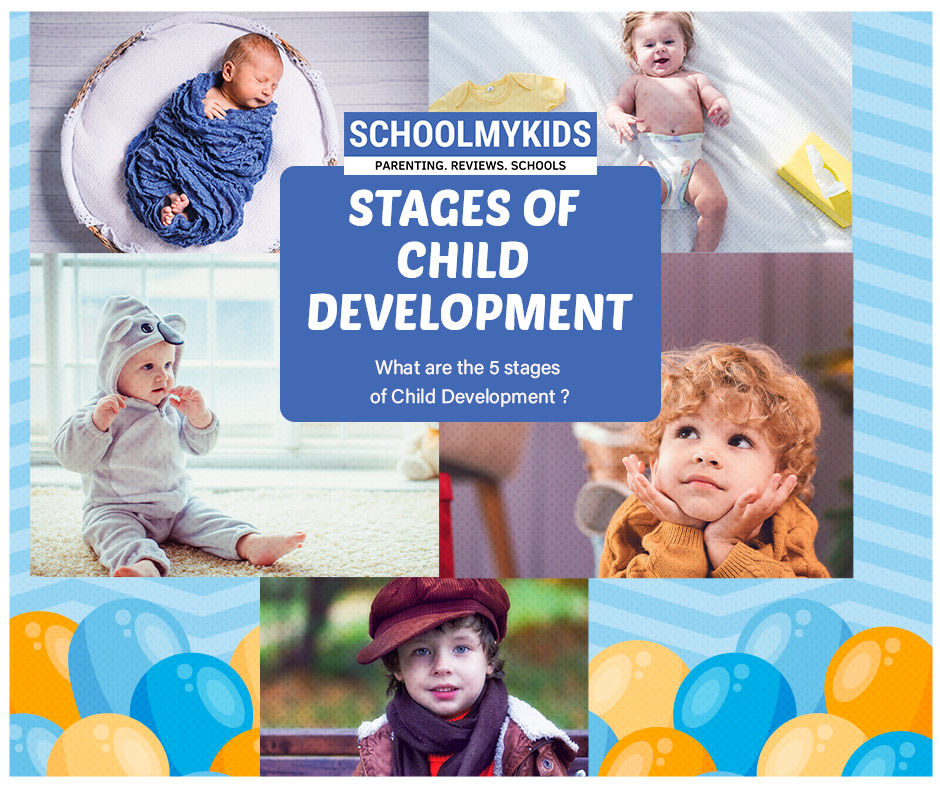 Source: bing.com
Source: bing.comTable of Contents
The First Stage: From Birth to 3 Months
The first stage of a baby’s development is from birth to 3 months. This is the time when your baby will grow and develop at a rapid pace. During this stage, your baby will go through many changes, and it can be an exciting time for both you and your baby.
At this stage, your baby’s physical development is focused on gaining weight and strength. Your baby will start to develop head control and will be able to lift their head briefly while lying on their stomach. Your baby will also start to develop their vision, and will be able to track moving objects with their eyes.
In terms of emotional development, your baby will start to develop a bond with you and other caregivers. They will start to recognize your voice and face, and will respond to your touch and voice with smiles and cooing sounds.
The Second Stage: From 4 to 6 Months
The second stage of a baby’s development is from 4 to 6 months. During this stage, your baby will continue to develop physically, emotionally, and mentally.
Physically, your baby will start to show more control over their movements. They will be able to reach for and grasp objects, and will start to roll over from their back to their stomach. Your baby will also start to develop their fine motor skills, such as picking up small objects and transferring them from hand to hand.
Emotionally, your baby will start to show more personality and will become more aware of their surroundings. They will start to express themselves with sounds and facial expressions, and will start to show more interest in playing with toys and interacting with others.
The Third Stage: From 7 to 9 Months
The third stage of a baby’s development is from 7 to 9 months. During this stage, your baby will continue to grow and develop physically, emotionally, and mentally, but at a slower pace than in the earlier stages.
Physically, your baby will start to become more mobile. They will learn to crawl, and may start to pull themselves up to a standing position. They will also start to develop their coordination and balance, and may start to take a few steps while holding onto furniture or other objects for support.
Emotionally, your baby will start to show more independence and may become more attached to certain toys or objects. They will also start to understand simple instructions and will respond to their name when called.
The Fourth Stage: From 10 to 12 Months
The fourth stage of a baby’s development is from 10 to 12 months. During this stage, your baby will continue to develop physically, emotionally, and mentally.
Physically, your baby will become more skilled at walking and may start to take their first independent steps. They will also start to develop their fine motor skills, such as using a spoon or fork to feed themselves.
Emotionally, your baby will start to become more social and will enjoy playing with other children. They will also start to develop a sense of humor and may start to imitate the actions of others.
The Fifth Stage: From 13 to 24 Months
The fifth stage of a baby’s development is from 13 to 24 months. During this stage, your baby will continue to grow and develop in all areas, but at a slower pace than in the earlier stages.
Physically, your baby will become more coordinated and will be able to run, jump, and climb. They will also start to develop their fine motor skills, such as coloring and drawing.
Emotionally, your baby will continue to become more social and will develop stronger friendships with other children. They will also start to understand the concept of cause and effect, and will enjoy experimenting with different actions and reactions.
Conclusion
In conclusion, the stages of a baby’s development are important to understand as they can help you to better support your baby’s growth and development. By providing your baby with the right stimulation, you can help to promote their physical, emotional, and mental development and set them up for a healthy and happy future.
Frequently Asked Questions
Q: How can I support my baby’s development at each stage?
A: You can support your baby’s development by providing them with plenty of opportunities to play and interact with you and other caregivers. You can also provide them with age-appropriate toys and activities that promote their physical, emotional, and mental development.
Q: What if my baby is not meeting their developmental milestones?
A: If you are concerned that your baby is not meeting their developmental milestones, you should speak to your pediatrician. They can help to determine if there is an underlying issue that needs to be addressed.
Q: Should I be worried if my baby is developing at a slower pace than other babies?
A: It is important to remember that all babies develop at their own pace. While some babies may reach their milestones earlier than others, this does not necessarily mean that they will be more advanced in the long run. If you are concerned about your baby’s development, speak to your pediatrician.
Q: How can I encourage my baby to be more social?
A: You can encourage your baby to be more social by providing them with plenty of opportunities to interact with other children. You can also attend baby and toddler classes, playgroups, and other social activities that allow your baby to interact with other children their age.
Q: What if my baby is developing faster than other babies?
A: If your baby is developing faster than other babies, this is generally a good thing. However, it is important to remember that all babies develop at their own pace and that there is no “right” or “wrong” way to develop.
